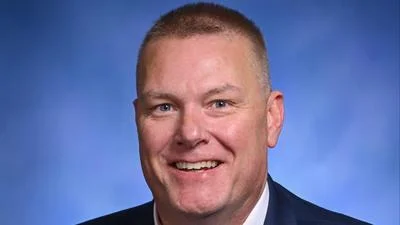The Michigan UIA has been under pressure to respond an overwhelming number of claims during the coronavirus pandemic. | Pexels
The Michigan UIA has been under pressure to respond an overwhelming number of claims during the coronavirus pandemic. | Pexels
Rep. Diana Farrington (R-Utica) recently called for improvements in how the Michigan Unemployment Insurance Agency (UIA) deals with claims and claimants to avoid the backlogs and unpaid claims that have characterized the COVID-19 financial crisis.
On a column on the Michigan House Republicans website, Farrington said that hearings carried out by the Joint Select Committee on the COVID-19 Pandemic have revealed major problems in how both the UIA and Gov. Gretchen Whitmer’s administration have responded to the “onslaught of over 2.3 million unemployment claims that have come in since mid-March.”
Farrington discussed revelations from a recent committee hearing, where UIA Director Steve Gray told the committee that approximately 12,000 claimants had waited at least two months for unemployment payments. Another 33,000 have received no payments at all.

Rep. Diana Farrington
| Michigan House Republicans
“Many more are still waiting for payments owed but are stuck in an identity verification process,” Farrington said in her column. “There are still many desperate people out there in Michigan who need to have their situations resolved. They can’t afford to wait any longer.”
At the same time people are waiting for payments, or even simply to have their eligibility approved or denied, the UIA and the governor's administration have left people in a kind of limbo, devoid of communication about the progress of their claims, Farrington said.
“UIA’s communication in future crises must be better,” she wrote in her column. “An [administrative] arm should be transparent and forthright to the people it is serving.”
Farrington also noted that the UIA and Whitmer’s administration have failed to be forthcoming in response to requests for information on why decisions, such as which offices to keep open or to close, are being made and what those decisions are expected to accomplish.
“Better communication will lead to better results,” Farrington said, according to Michigan House Republicans. “Until we get there, the public and legislators who serve people throughout Michigan are going to continue to wonder just what the heck is going on.”


 Alerts Sign-up
Alerts Sign-up